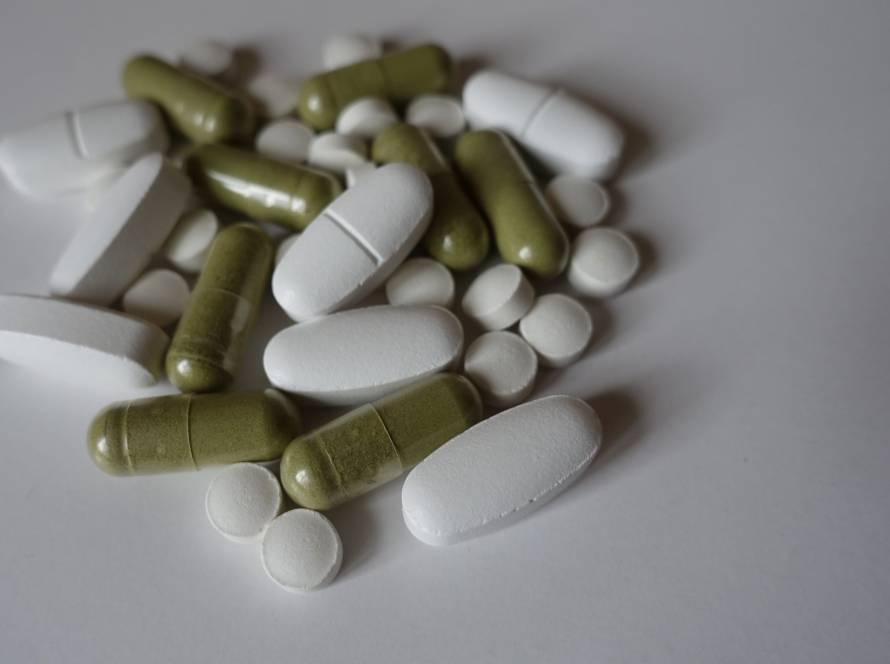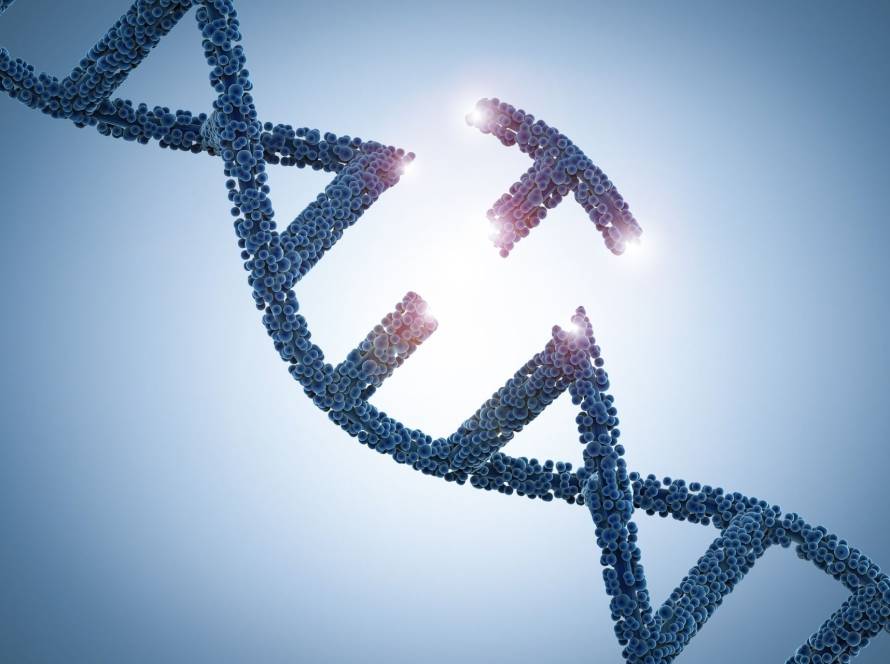Our protein needs change with age. Animal proteins pack complete amino acid profiles. Plant proteins, often called “incomplete,” bring their own set of advantages to longevity.
In this piece, we’re going to explore which sources of protein is better for longevity. We’ll look at what the science says about how different types of protein affect aging, disease risk and overall healthspan.
What type of protein supports a longer, healthier life?
When it comes to longevity, plant based protein sources appear to offer more benefits than animal based ones. Diets rich in legumes, nuts, seeds and whole grains are linked to lower rates of chronic diseases and reduced inflammation, both of which contribute to a longer, healthier life.
While animal proteins provide complete amino acids and support muscle maintenance, excessive intake, especially of red and processed meats, has been associated with higher mortality risk. Balancing protein intake with a focus on variety, moderation and whole plan -based sources is key to supporting long term health and aging well.
Why protein is essential for a long and healthy life
Protein plays a fundamental role in human longevity. It affects many biological processes that shape our health throughout life. Research shows protein does way beyond simple nutrition, it’s a vital factor that keeps our body working well as we age.
Supports muscle mass and prevents frailty
The right amount of protein helps maintain lean muscle mass, which becomes even more important as we get older. A 12-week clinical trial showed elderly people who consumed 1.5 g of protein per kilogram of body weight daily gained substantially more appendicular skeletal muscle mass than those who ate only 0.8 g/kg/day. Their gait speed improved by 0.09 m/s compared to just 0.04 m/s in the group that ate less protein.
Not eating enough protein can cause sarcopenia (muscle loss) and osteopenia (reduced bone density). These conditions often lead to age-related frailty. A long-term study revealed that adults between 85-90 years who ate more than 0.8 g/kg adjusted body weight of protein daily were less likely to become frail.
Regulates metabolism and immune function
Our immune system relies heavily on protein. Studies show that amino acids in proteins guide the activation of T lymphocytes, B lymphocytes, natural killer cells and macrophages. These proteins also affect cellular redox state, gene expression, lymphocyte growth and the production of antibodies and cytokines.
Amino acid metabolism becomes especially important for immune cells during organ development, tissue homeostasis and immune response. Low protein levels reduce plasma amino acid concentrations in our blood. This weakens our body’s defense systems and makes us more vulnerable to infectious diseases.
Influences cognitive health and cellular repair
Scientists have found strong links between protein intake and brain health. A newer study showed that eating protein instead of carbohydrates reduced the chances of cognitive decline. The data revealed that replacing 5% of calories from carbohydrates with animal protein led to an 11% lower risk for developing dementia.
Protein helps repair and regenerate brain tissue at the cellular level. Scientists discovered that specific protein changes control how neural stem cells reactivate, cells we need for brain repair. Protein also helps our brain work better by delivering nutrients to brain cells, keeping our heart and brain balanced and supporting overall brain function.
How animal and plant proteins differ in quality and impact
The main difference between animal and plant proteins shows up in how they’re made up, how well our bodies digest them and what other nutrients they contain. These factors help us learn about how they affect our lifespan and health.
Amino acid completeness and digestibility
Animal proteins pack all nine essential amino acids that humans need to grow and develop. They’re what we call “complete” proteins. Sources like milk, whey, casein, eggs and beef score at or close to 1.00 on the Protein Digestibility-Corrected Amino Acid Score (PDCAAS). Plant proteins often fall short. Legumes don’t have enough methionine and cysteine, while grains lack lysine.
All the same, plant proteins work well together. Rice and pea protein blends can hit a perfect PDCAAS score of 1.00 when they contain 40-90% pea protein. Grains and legumes make a great team too. Grains bring sulfur-containing amino acids but lack lysine, while legumes pack plenty of lysine but need more sulfur-containing amino acids.
Leucine content and muscle protein synthesis
Leucine is a vital amino acid that helps build muscle by kickstarting the mammalian target of rapamycin (mTOR) signaling pathway. Animal proteins, especially whey, have more leucine, which makes them popular choices for muscle growth.
Soy protein might have less leucine than whey, but it shines in other ways. It has three times more arginine, 2-3 times more glutamine and twice the glycine, according to studies. These amino acids do important jobs. Arginine helps make nitric oxide and regulates hormones and immune function. Glutamine feeds fast-growing cells, while glycine helps form collagen.
Benefits of fiber and phytonutrients in plant proteins
Plant based proteins do more than just provide protein. A study of 32 different research projects found that eating plant-based proteins lowers our risk of dying from all causes, including heart disease. People who switched from animal to plant proteins lived longer.
Plant proteins come with fiber that helps good gut bacteria thrive and keeps digestion smooth. These proteins also contain bioactive components that are better for our health than what we’ll find in processed meats. Studies that looked at plant proteins (mostly from soy) showed they worked better than animal proteins at lowering cholesterol levels in patients with high cholesterol.
What the science says about protein sources and longevity
The source of our protein, whether it comes from animals or plants, is a vital factor that determines how long we might live. New research gives us a clear picture of which protein sources help us live longer.
Findings from Blue Zones and long-lived populations
People in Blue Zones, places where living past 100 is common, mostly eat plant based foods. Take Okinawa, Japan, where five times more people reach 100 years compared to other developed countries. Their traditional diet includes just 9% protein energy, with a protein-to-carbohydrate ratio of about 1:10. The Sardinians in Italy eat about 50 grams of protein daily, which is nowhere near the 75 grams that doctors recommend for Americans. They stick to bread, cheese and garden vegetables. Meat shows up only at special occasions. This diet helps good gut bacteria grow thanks to fermented foods.
Effect of replacing animal with plant protein
Switching from animal to plant protein helps us live longer. People who replaced just 3% of their animal protein calories with plant protein cut their death risk by 10% over 16 years, according to studies. The biggest change came from replacing processed red meat, this led to a 34% lower chance of dying from any cause.
Environmental and ethical considerations of protein choices
Our protein choices affect more than just our health. These decisions play a crucial role in our planet’s wellbeing and human survival. Let’s explore how different protein sources stack up against each other.
Carbon, water and land use of different protein sources
Animal proteins need way more land than plant-based options. Animal agriculture is the leading cause of climate change, responsible for 87% of greenhouse gas emissions, according to studies. Beef needs about 15,400 m³ of water per ton, while plant proteins use much less.
Biodiversity and chemical inputs
Biodiversity faces serious challenges too. Agriculture leads to 70% of expected land based biodiversity loss. Factory farms destroy habitats at an alarming rate. Take soybean farming for animal feed, it causes deforestation that puts species like the black-faced lion tamarin at risk. Chemical use makes things worse. About 64% of global farmland faces risks from pesticide pollution, according to recent research. These chemicals mess up soil nutrients and release more greenhouse gasses.
Sustainability of plant-based vs animal-based diets
Plant-based diets win hands down when it comes to sustainability. Research shows Vegans have 25-46% lower environmental impacts compared to high meat eaters across greenhouse gas emissions, land use, water use, eutrophication and biodiversity.
Our protein choices ended up being about more than just how much we eat. Quality matters, along with our overall diet pattern and environmental impact. While everyone’s needs differ based on age, how active they are and their health, science keeps pointing to plant proteins as the cornerstone of diets that help us live longer.


